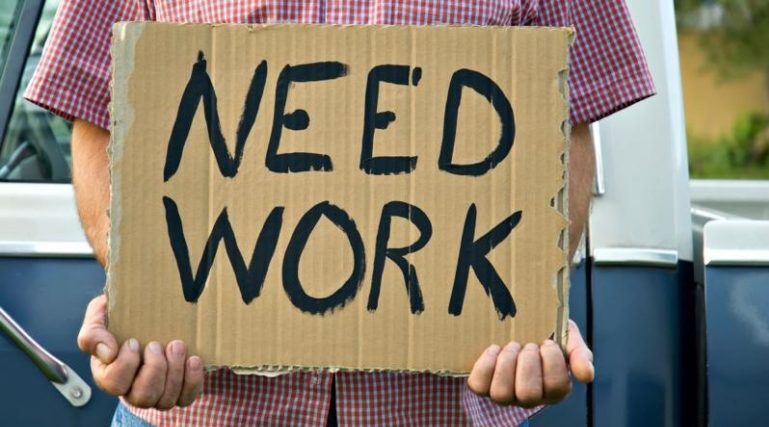A study has revealed that the second wave has hit employment, and JPC and PIC execs in the headlines.
A recent study highlights a high rate of employment churn due to Covid-19 and associated lockdowns, while local government and state-owned entities continue to grapple with leadership challenges.
Second wave negatively impacts employment
An update on the National Income Dynamics Study — Coronavirus Rapid Mobile Survey (NIDS-CRAM) released this week indicates a worsening in employment and transition outcomes in response to the second wave of Covid-19 infections and associated lockdowns.
However, the decline in employment was “small, relative to the effects of the initial Covid-19 lockdown”.
The employment-to-population ratio declined similarly by a few percentage points for all age groups (and age and education subgroups) in the period, with the percentage of all working age (18-64) adults employed dropping from 55 percent to 52 percent.
However, in the period there was substantial churning underlying this relatively small percentage point drop in employment, far in excess of estimates of churning from pre-Covid-19 years, according to the study.
Of working-age adults who were unemployed in October, 18 percent had found work by January, while 19 percent of the October employed were without work in January. Rates of job finding among the unemployed were similar across age groups, while job loss was strongly and negatively correlated with age.
JPC chiefs back at work
Joburg Property Company chief executive Helen Botes and CFO Imraan Bhamjee have returned to work, following their suspension in September 2020.
A Special Investigating Unit (SIU) report noted there was evidence that Botes and Bhamjee might be guilty of financial misconduct, regarding deep cleaning and sanitising contracts awarded during the coronavirus pandemic. The R18 million in expenditure has been characterised as fruitless and wasteful.
“Existential crisis” at Isibaya Fund
Senior employees at the PIC’s Isibaya Fund have accused executives of causing an “existential crisis” after a series of scandals over the past few years, and have requested a meeting with the investment committee to discuss complaints about acting head Lusanda Kali.
Fund employees submitted a list of complaints including a failure to renew a mandate with the division’s biggest client and allegations of general poor management, according to a nine-page letter to the company’s investment committee seen by Bloomberg.
According to the letter, Kali implemented a restructuring of the division within three days of her appointment on 27 March 2020, thereby breaching the employment contracts of some members of the group. It further states that she manages the team in an “oppressive, antagonistic and retributive way”.











